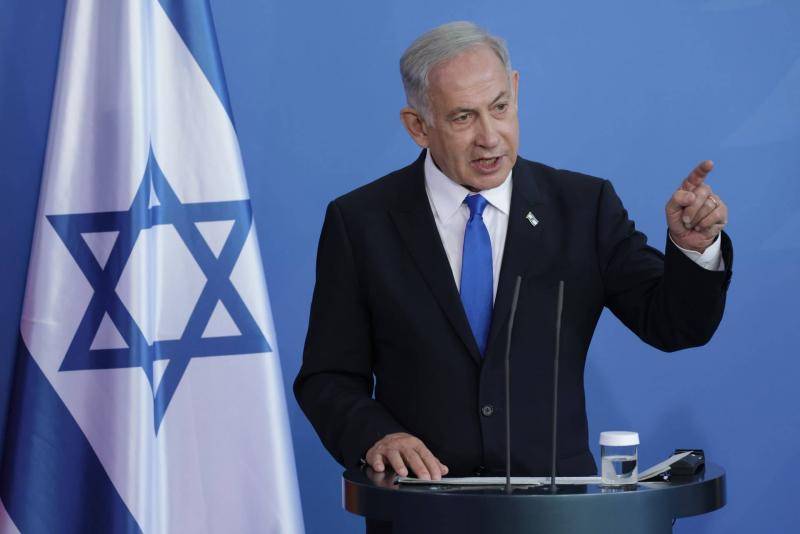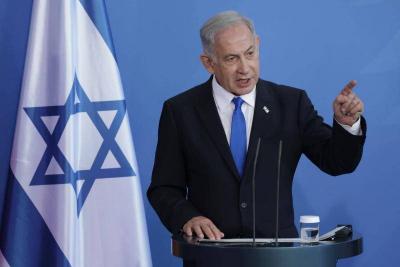Israel's plans for the future of Gaza after the war remain unknown to everyone, and military analysts suggest that the continuation of the war to this day is due to the ambiguity of the Israeli position for the day after the war in Gaza. However, the Israeli newspaper "Yedioth Ahronoth" reported in an article published on Tuesday that Israeli Prime Minister Netanyahu is keeping a secret plan for Gaza that he does not want to reveal now, fearing opposition from local and international partners.
The plan is fundamentally aimed at separating Gaza from Israel and the West Bank while opening it to the world and significant investments, potentially transforming it into a Middle Eastern Singapore, according to the newspaper.
The report states: In Netanyahu's vision, the disarmed Gaza Strip will have an open pathway to the outside world via land and sea corridors. These corridors would enable the residents of Gaza to move freely within the territory and abroad, develop commercial and economic relationships, and fish in the maritime waters, all without passing through Israel.
Gaza's administration would be in the hands of local residents under the oversight of a council or body formed with international approval. This body would be authorized by the United Nations Security Council or any regional authority recognized and approved by Israel.
The global initiative to deliver aid to Gaza by sea, along with the grand U.S. plan to build a temporary port for the same purpose, can be seen as a test for the maritime corridor.
**Four Strategic Objectives**
According to the newspaper, Netanyahu's plans are expected to last for at least 10 years, provided that four strategic goals are achieved:
1. There will be no independent Palestinian state consisting of the West Bank and Gaza connected by an overland or underground corridor.
2. Gaza will no longer pose a threat to Israel's sovereignty and security; it will remain disarmed, and the civil administration will not teach young Palestinians how to seek the destruction of Israel.
3. Complete severance of any connection with Israel in all civil fields to ensure that Israel is not blamed for any hardships faced in Gaza.
4. Disbanding UNRWA, not only in Gaza but also in the West Bank and neighboring Arab countries, based on the premise that maintaining the status of Palestinian refugees and their economic reliance on the United Nations encourages resistance against Israel.




